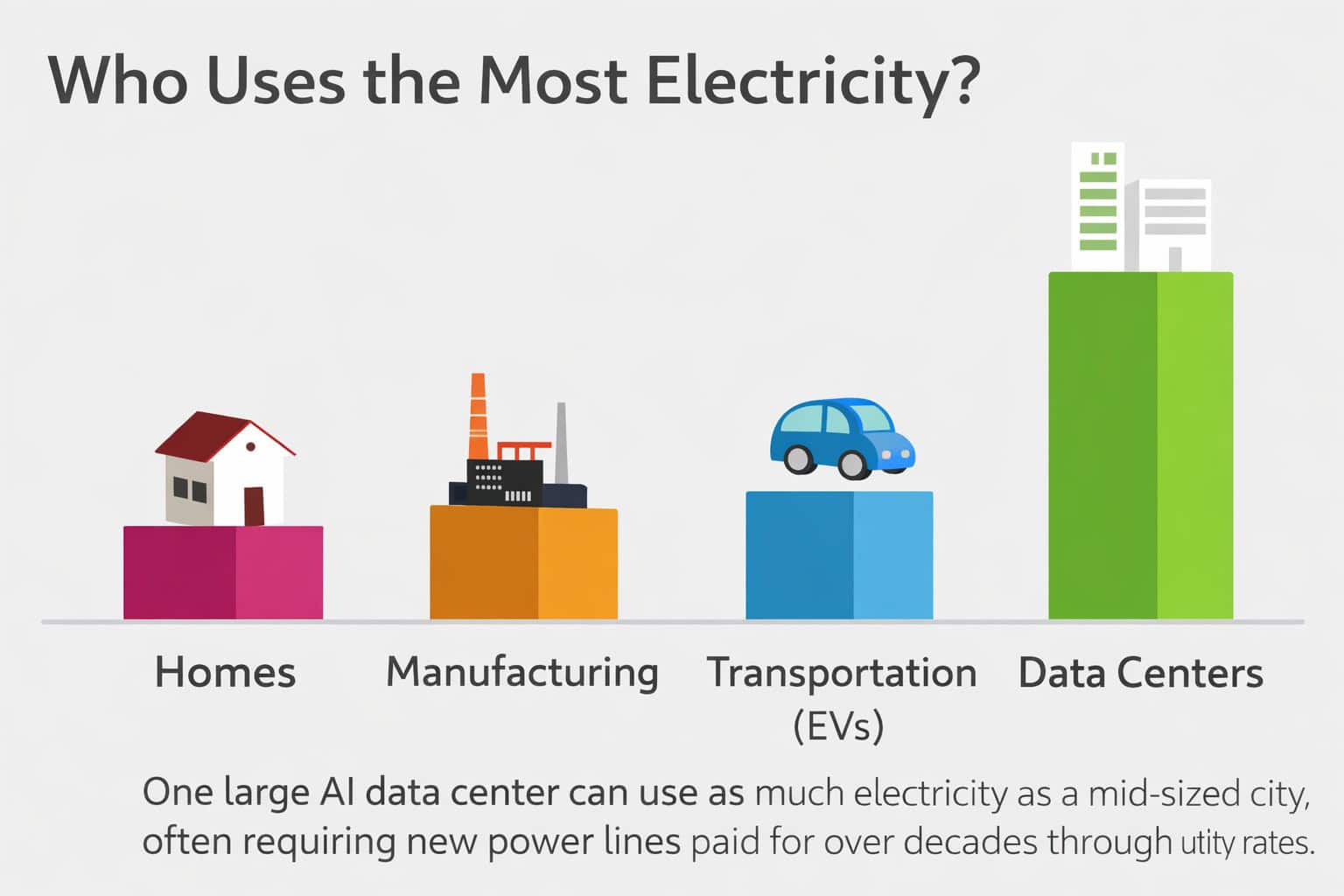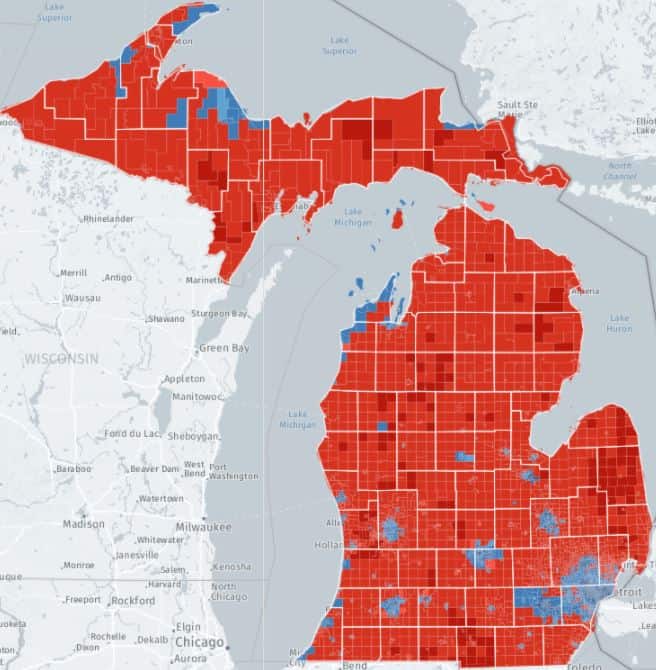LANSING – The Michigan Public Service Commission approved a substantially reduced rate increase of $27,118,000 for Consumers Energy Co.’s electric operations, a nearly 88 percent reduction from the $225 million the utility had originally requested.
A typical residential customer who uses 500 kilowatt hours of electricity per month will see an increase of 59 cents (0.64%) on their monthly bill starting in January 2022.
Consumers sought the increase to fund capital investments in its distribution system and to make up for a decline in sales revenue, while also presenting costs related to the company’s plans for 300 megawatts of solar power generation spelled out in the utility’s integrated resource plan
The rate increase will fund efforts by the company to improve its reliability, a key priority for the MPSC as Michigan utility customers experience significant outages from increasingly severe storms amid a changing climate. The Commission approved more than $200 million for targeted reliability improvements and modernization of the company’s electric distribution system.
Falling trees and limbs are the single biggest cause of power outages for electricity customers in Michigan. The Commission approved $94.4 million for Consumers to increase its tree trimming and line clearing so that the company’s entire system is cleared every 7 years. The Commission directed the company to file more detailed information about how the increase in forestry spending will improve system reliability, to provide reliability metrics projections, and to develop a surge program to deal with a backlog in tree trimming in a way that addresses customer equity and examines more closely circuits that have had the longest time between clearing cycles.
The Commission also approved $63.4 million the company projects it will need for outage restoration efforts.
Among the factors lowering the rate increase were significant costs the Commission disallowed.
Consumers had sought approval for nearly $128 million in 2021 and 2022 capital costs for the company’s Washtenaw Solar Energy Project near Ann Arbor, which the company plans to use to increase its sources of renewable energy as part of its goal to achieve net-zero carbon emissions by 2040. While the Commission disallowed the projected costs, citing a lack of specific evidence in Consumers’ filing, the contracts were approved by the Commission Nov. 18. The Commission said it would be more appropriate to review the costs in Consumers’ next general rate case. The Commission also deferred consideration of a number of costs associated with generation assets that are the subject of the company’s pending integrated resource plan.
The Commission similarly disallowed:
- $49 million in costs for the utility’s vehicle fleet, finding that the company failed to demonstrate that historic spending was reasonable and prudent. The Commission directed Consumers to provide more detailed information about its projected fleet expenditures and its acquisition approach going forward, including an analysis incorporating the benefits and costs to ratepayers; how Consumers accounts for fleet depreciation, and how the company’s move to decrease average vehicle age affects costs to ratepayers, and to consult with MPSC Staff on the company’s fleet spending.
- $25.7 million in contingency budgeting for several capital expense projections for 2021 and 2021, noting the Commission’s longstanding opposition to including uncertain contingency costs in customer rates is unjust and unreasonable.
- $24 million Consumers sought for the acquisition and development of future company-owned solar projects, finding the costs speculative and without certainty the properties will be used to provide utility service and may provide the utility with an unreasonable advantage over third-party project developers.
- $10 million in capital expenses related to the company’s Standish and Neely/Hooper battery storage projects, saying that while the Commission remains committed to integrating clean, renewable technologies supported by battery storage into the grid, the costs here were unreasonably expensive for the benefits identified by the company.
Consumers sought a rate of return on equity of 10.5 percent. The order approves a return on equity of 9.9 percent and a capital structure with a 51.02-48.98 equity-to-debt ratio.
The order also approved $16.5 million for a two-year extension of Consumers’ PowerMIDrive pilot that funds rebates and supports the installation of electric vehicle chargers at homes and for public use, as well as an increase in capital funding for its PowerMIFleet pilot program for commercial electric vehicle adoption. In approving this extension for the two electric vehicle pilot programs, the Commission also directed the company to include a more robust plan to move beyond pilots to a permanent program in its next rate case to address Consumers’ stated goal to support 1 million electric vehicles on Michigan’s roads by 2030.
The Commission also ordered the company to provide more detailed information connecting its operational metrics performance to proposed incentive compensation in its next general rate case.







